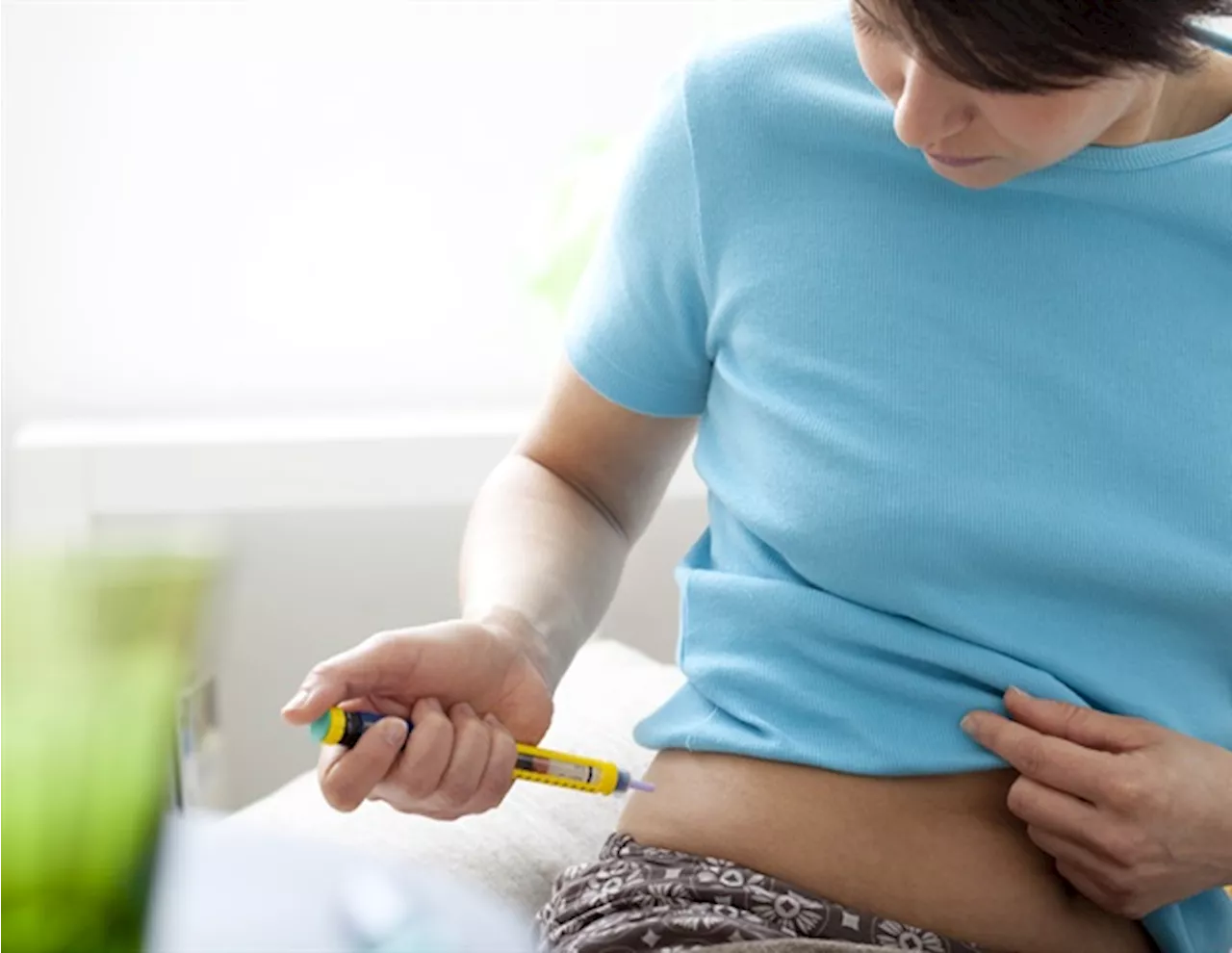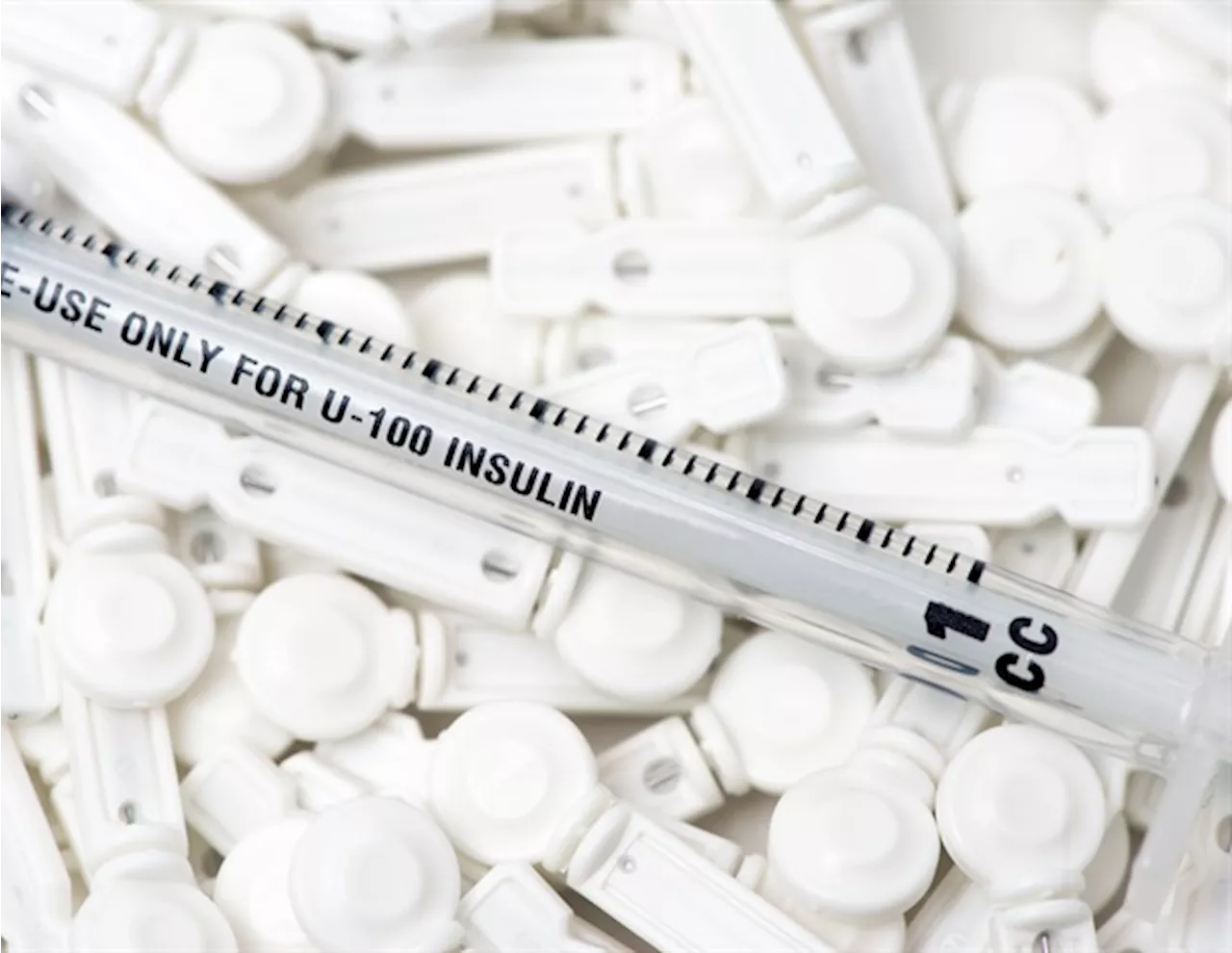Researchers reveal insulin resistance may be driven by insulin degradation during transit in the bloodstream, challenging the belief that cell defects are the primary cause.
By Hugo Francisco de SouzaReviewed by Susha Cheriyedath, M.Sc.Dec 22 2024 New study identifies insulin ‘chain-splitting’ during bloodstream transit as a game-changer in understanding and treating diabetes and insulin resistance.
They substantiate their chain-splitting hypothesis with fresh evidence from both in vitro and in vivo and demonstrate that the degradation of A- and B- HI chains results in lowered insulin availability at target cells, thereby directly contributing to observed insulin resistance. Notably, the study highlights that chain-splitting rates align with the redox potentials typically found in human plasma, supporting the physiological relevance of the findings.
Furthermore, insulin resistance forces the pancreas to compensate through increased insulin production and secretion. The persistent inability of cells to respond to this increased secretion triggers a positive feedback loop, eventually contributing to pancreatic diseases or failure.
In the present study, researchers hypothesize a novel mechanism of insulin resistance termed ‘chain-splitting.’ The hypothesis posits that the degradation of endogenous insulin during its journey from the pancreas to target cells, not defects in the cells themselves, results in insulin-resistant phenotypes. This hypothesis underscores the role of redox potentials in the plasma environment in driving the chain-splitting process.
All experimental data was acquired via liquid chromatography-mass spectroscopy systems . Nonlinear least squares carried out in GraphPad Prism 9.0.1 were used for statistical analyses of obtained data.
Blood Chromatography Diabetes Diet Exercise Glucose In Vitro In Vivo Insulin Resistance Liquid Chromatography Pancreas Receptor Research Sulfur Syndrome
United Kingdom Latest News, United Kingdom Headlines
Similar News:You can also read news stories similar to this one that we have collected from other news sources.
 Coronation Street star died at 56 after suspected insulin overdoseCoronation Street star Iain Rogerson, who played the beloved role of Harry Flagg on the ITV soap, died seven years ago at the age of 56, after a suspected insulin overdose
Coronation Street star died at 56 after suspected insulin overdoseCoronation Street star Iain Rogerson, who played the beloved role of Harry Flagg on the ITV soap, died seven years ago at the age of 56, after a suspected insulin overdose
Read more »
 Insulin resistance linked to increased risk of aortic stenosisA large new population study of men over 45 indicates insulin resistance may be an important risk factor for the development of the world's most common heart valve disease – aortic stenosis (AS).
Insulin resistance linked to increased risk of aortic stenosisA large new population study of men over 45 indicates insulin resistance may be an important risk factor for the development of the world's most common heart valve disease – aortic stenosis (AS).
Read more »
 Study finds unexpected patterns in insulin needs for type 1 diabetesFactors beyond carbohydrates have a substantial influence on blood glucose levels meaning current automated insulin delivery systems miss vital information required for glucose regulation, a new study has found.
Study finds unexpected patterns in insulin needs for type 1 diabetesFactors beyond carbohydrates have a substantial influence on blood glucose levels meaning current automated insulin delivery systems miss vital information required for glucose regulation, a new study has found.
Read more »
 Novel glucose-sensitive membrane offers improved insulin regulation for diabetic patientsFor years, glucose-sensitive membranes have been a key focus for improving controlled insulin release in diabetes treatments.
Novel glucose-sensitive membrane offers improved insulin regulation for diabetic patientsFor years, glucose-sensitive membranes have been a key focus for improving controlled insulin release in diabetes treatments.
Read more »
 Navigating Insulin Pumps: Technology, Benefits, and What’s NextUnderstanding insulin pumps: key components, benefits, and advancements in technology for effective diabetes management and improved quality of life.
Navigating Insulin Pumps: Technology, Benefits, and What’s NextUnderstanding insulin pumps: key components, benefits, and advancements in technology for effective diabetes management and improved quality of life.
Read more »
 Gene therapy to prevent stillbirth and premature delivery developedResearchers investigate the effectiveness of placental nano-based insulin-like 1 growth factor gene therapy to correct fetal growth restriction.
Gene therapy to prevent stillbirth and premature delivery developedResearchers investigate the effectiveness of placental nano-based insulin-like 1 growth factor gene therapy to correct fetal growth restriction.
Read more »
